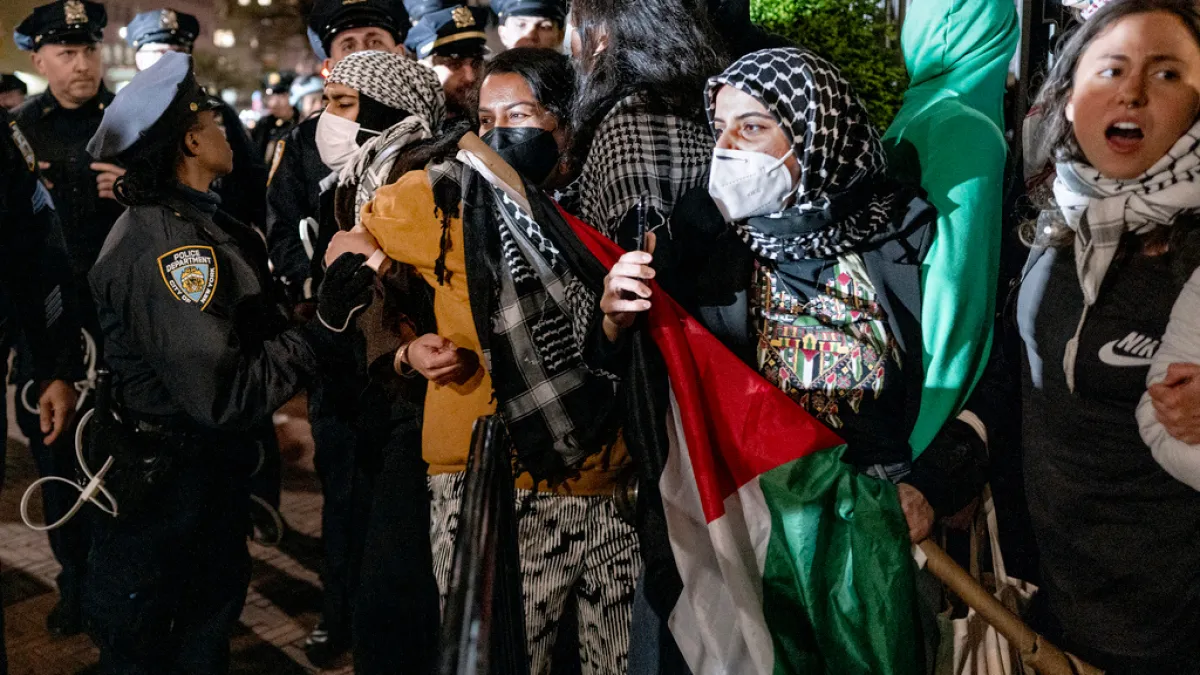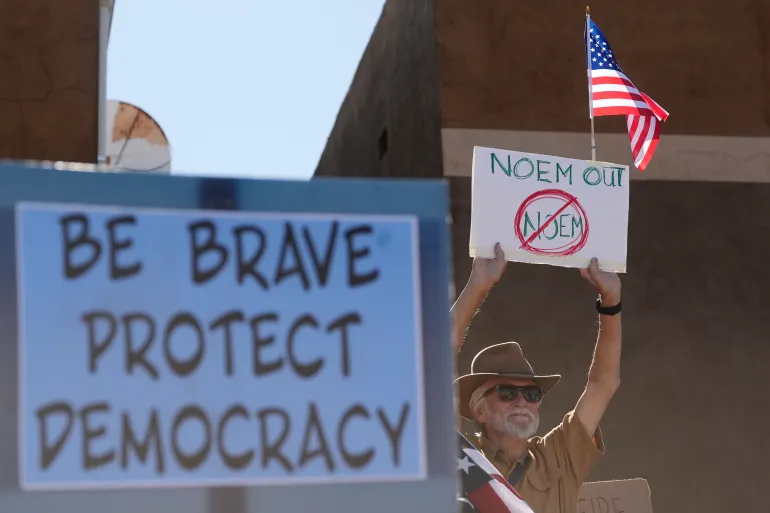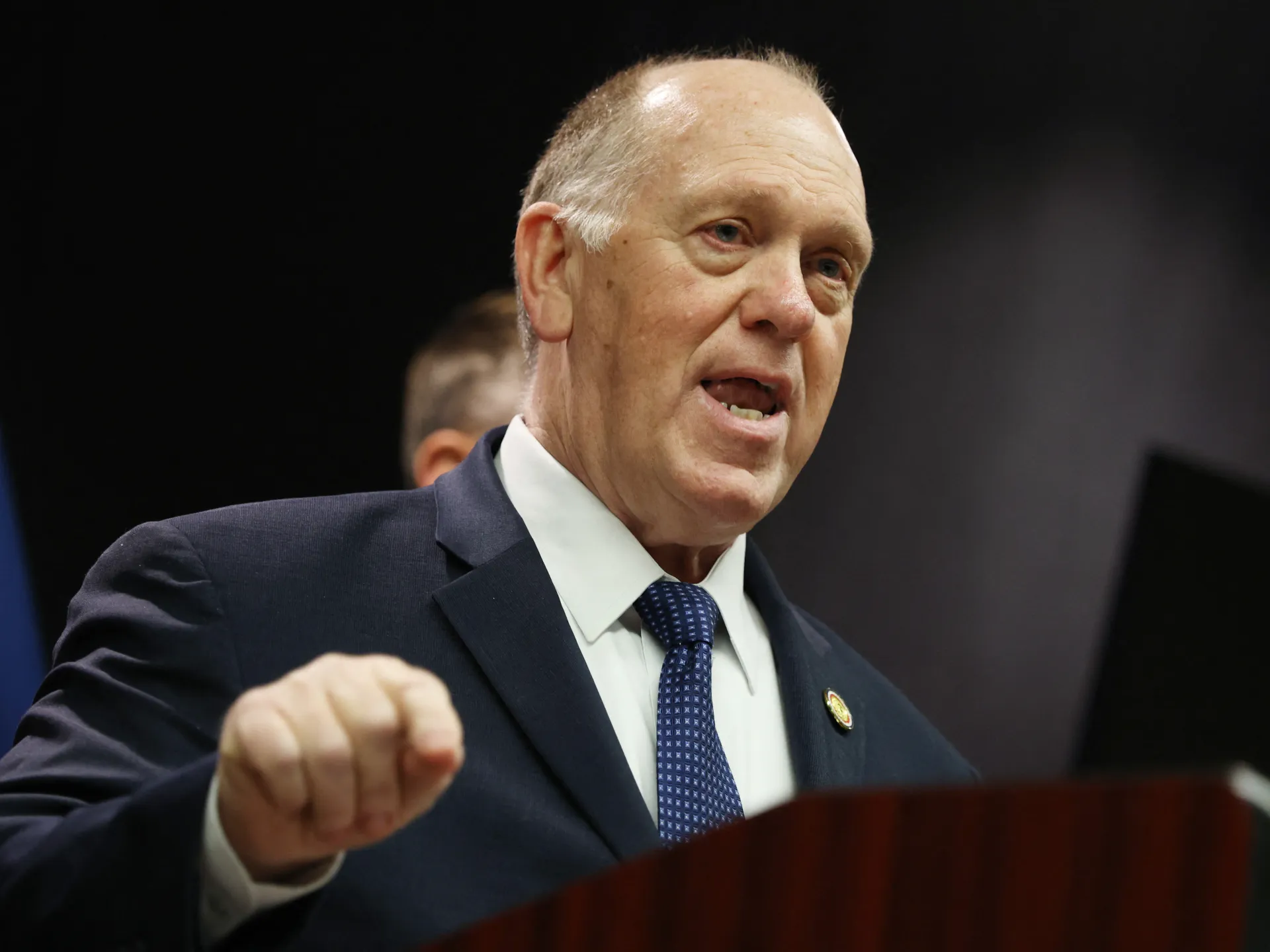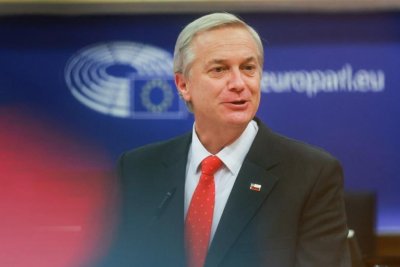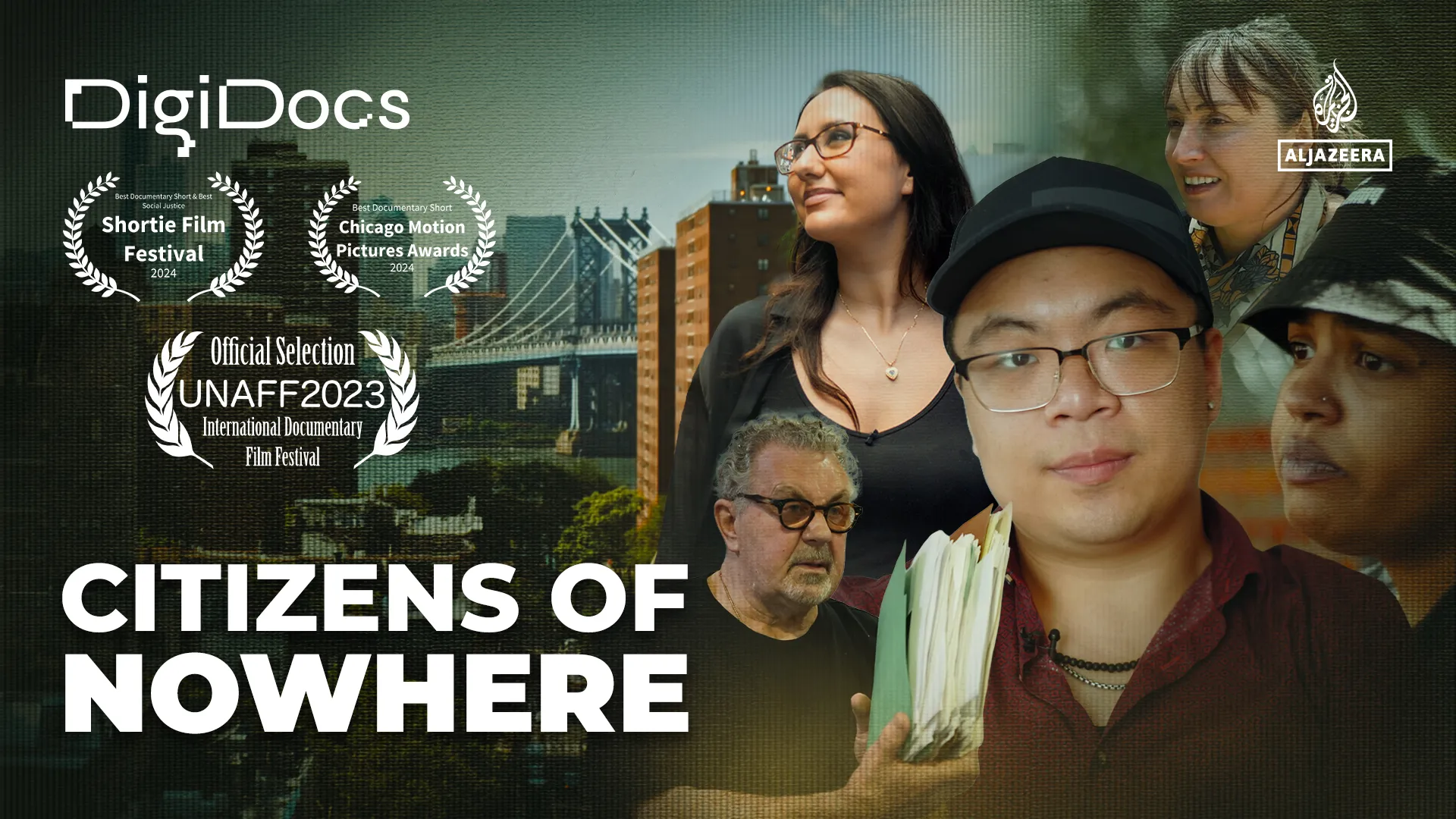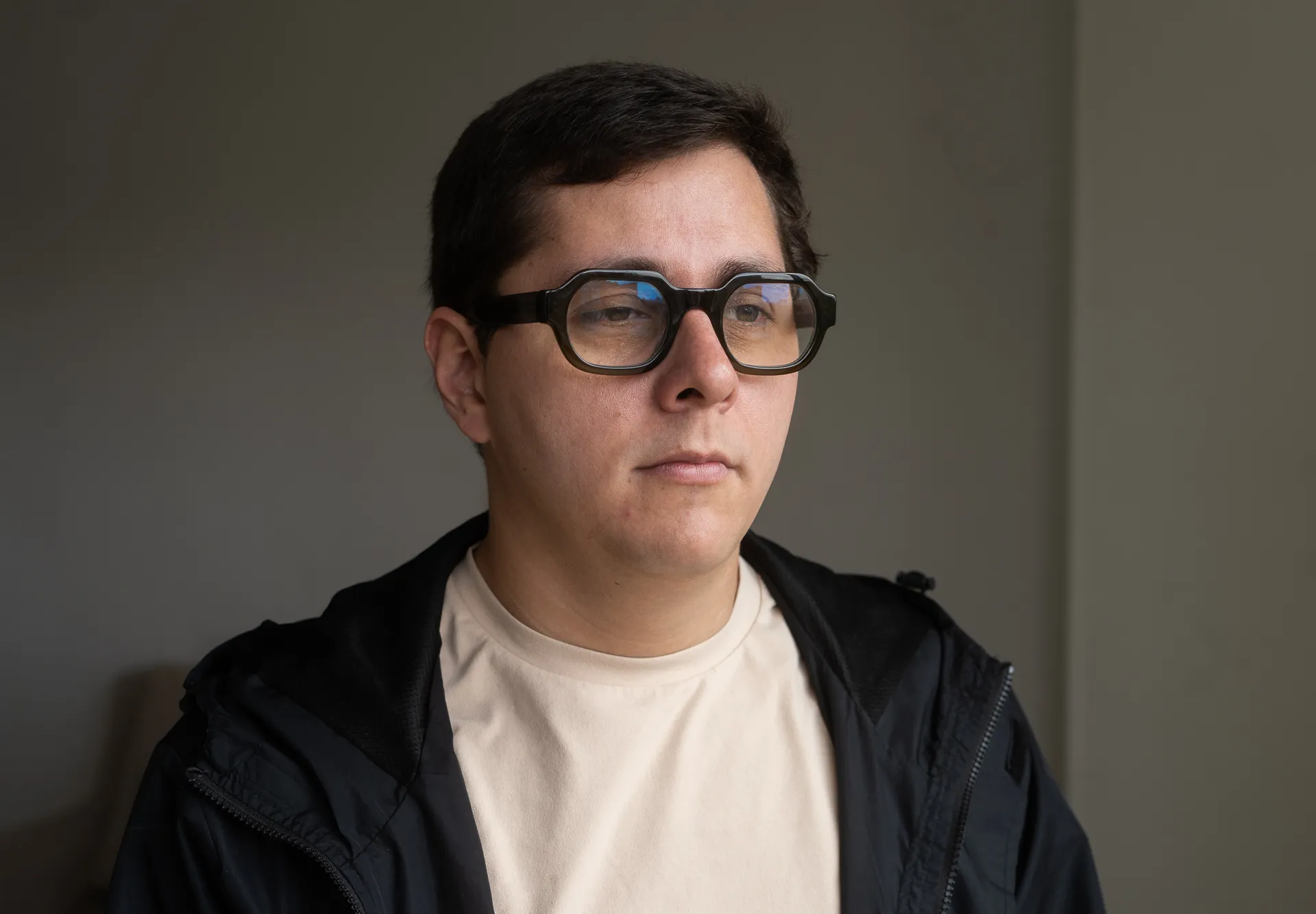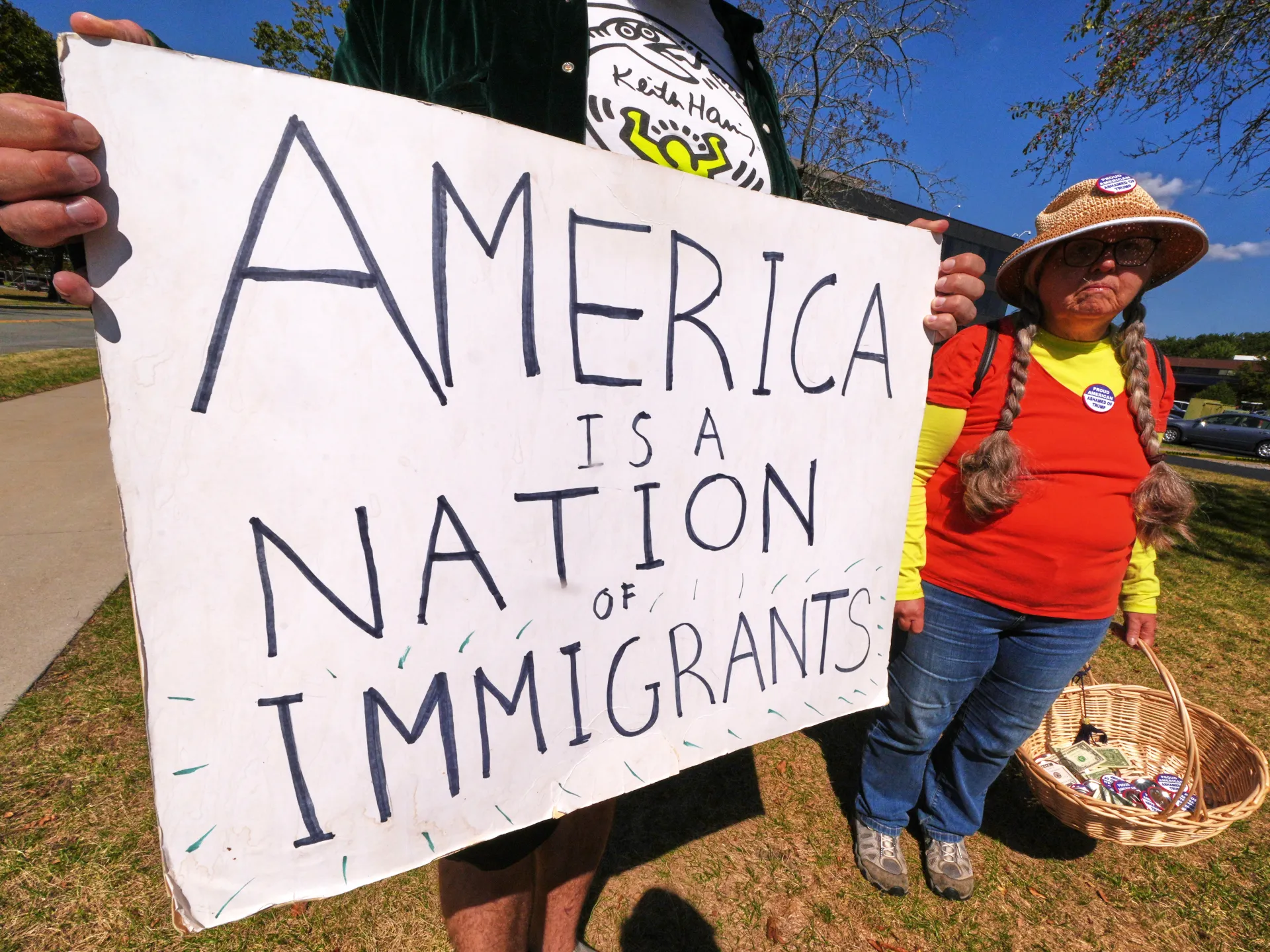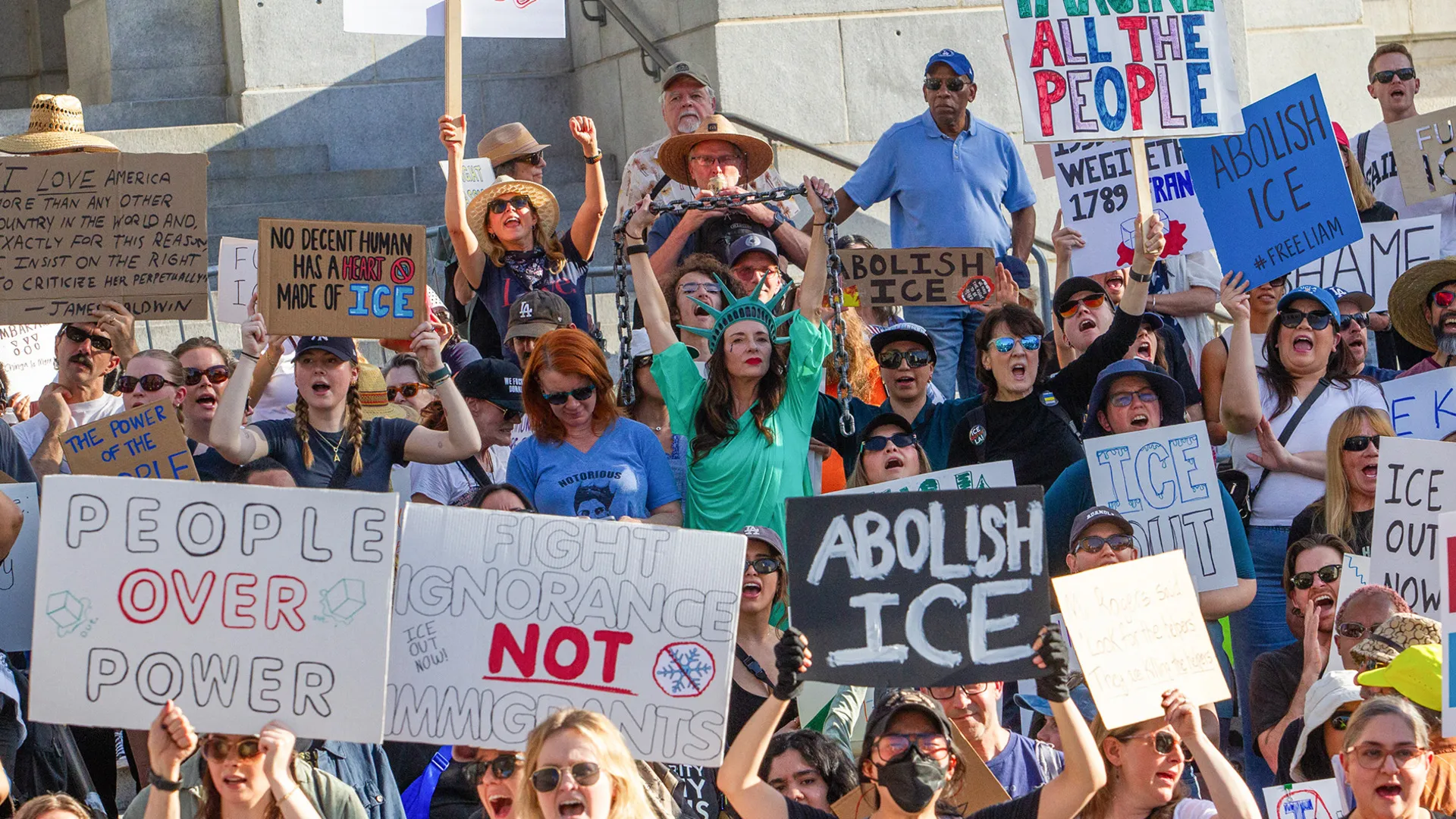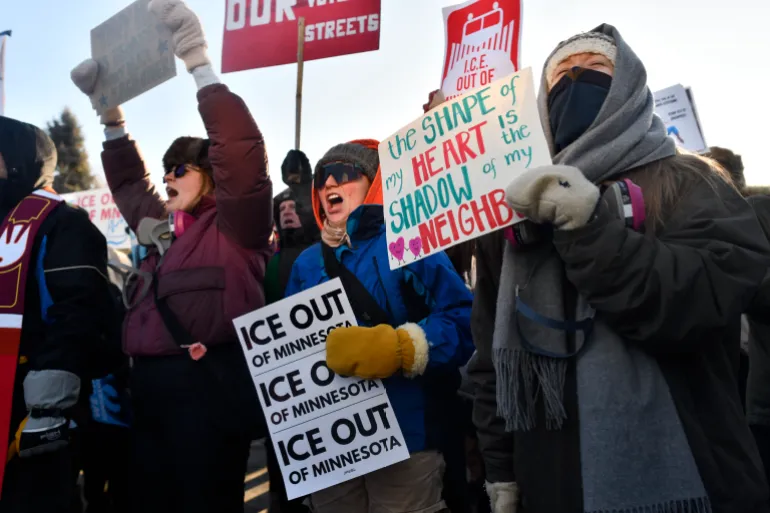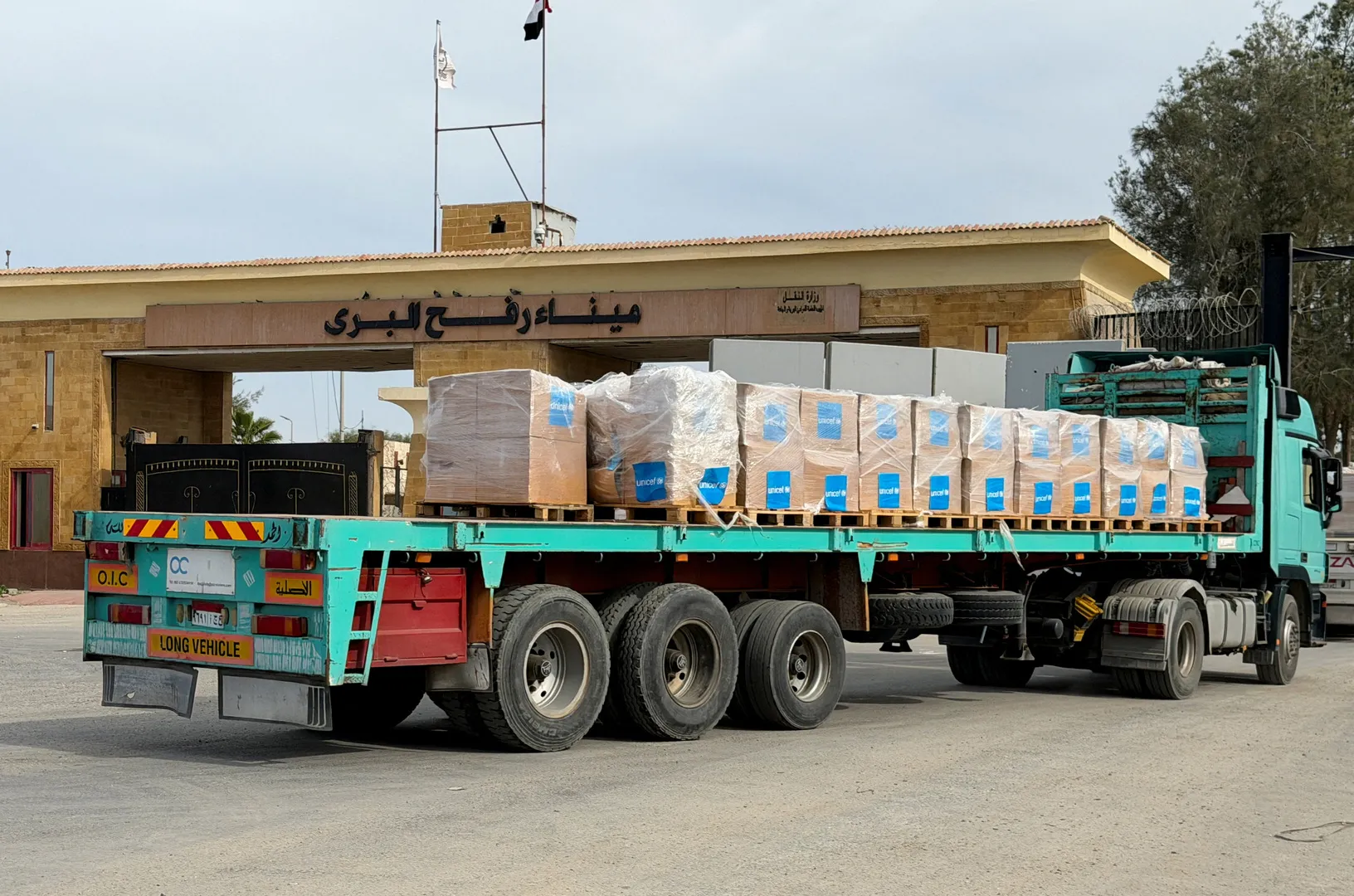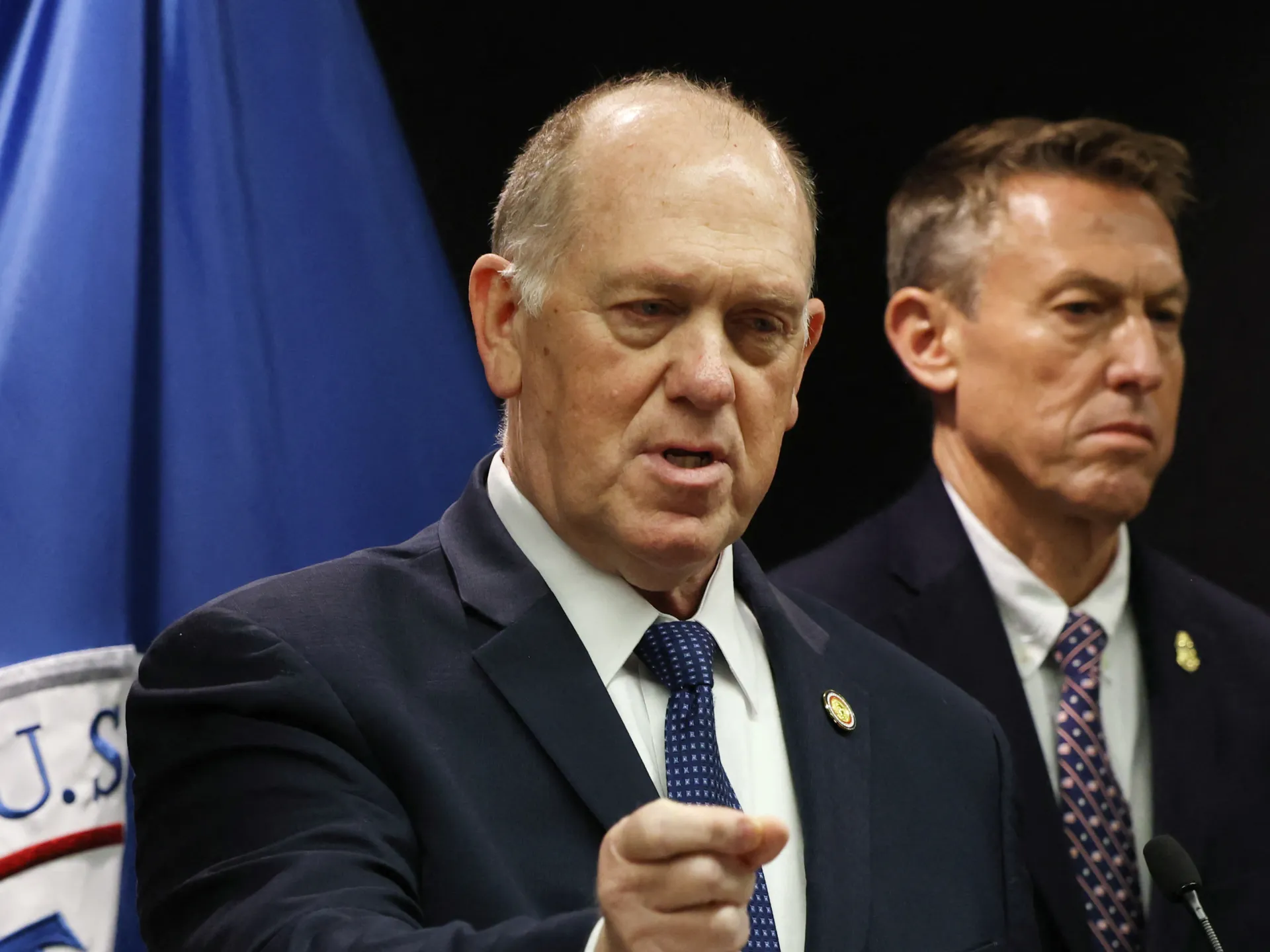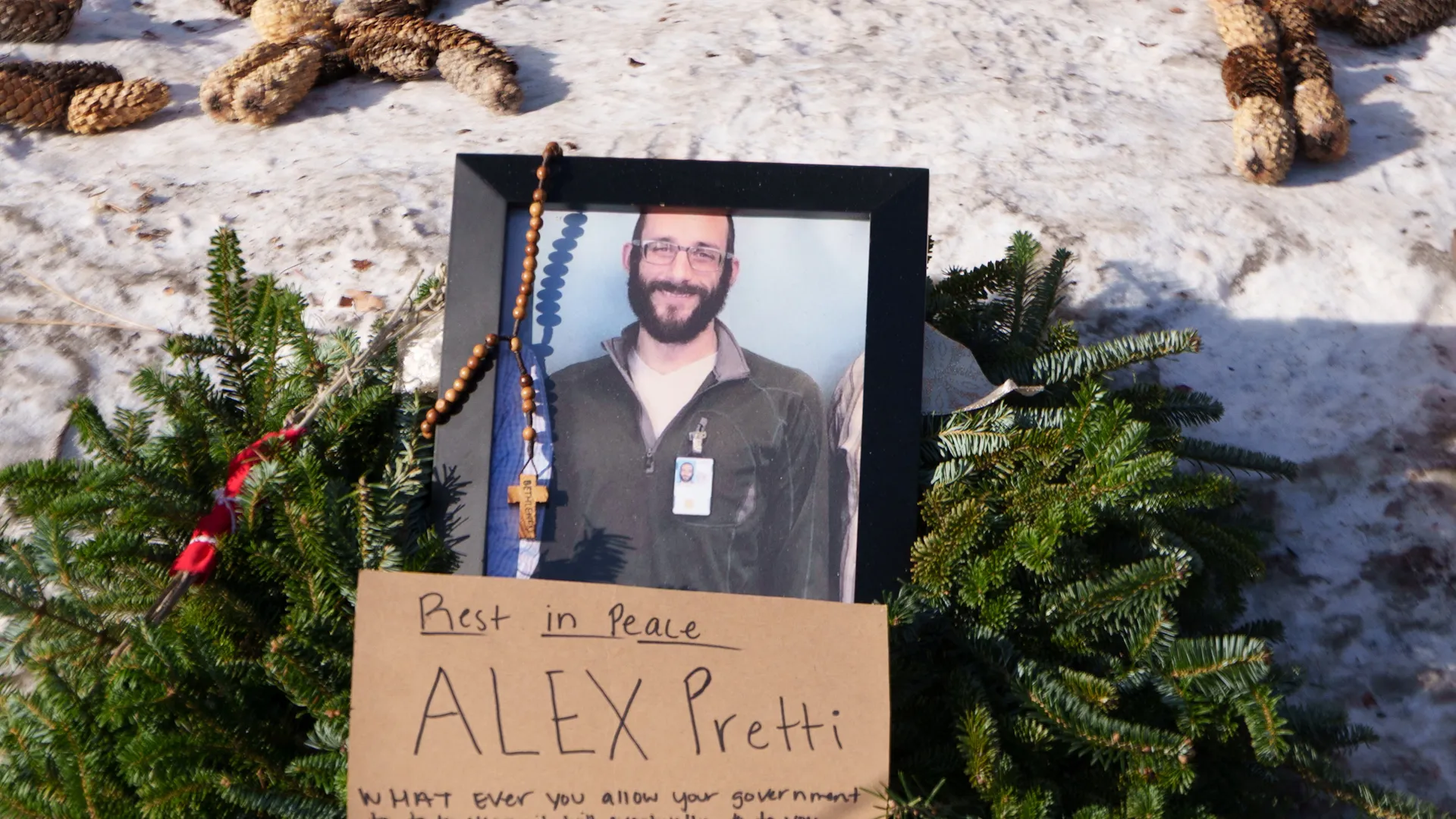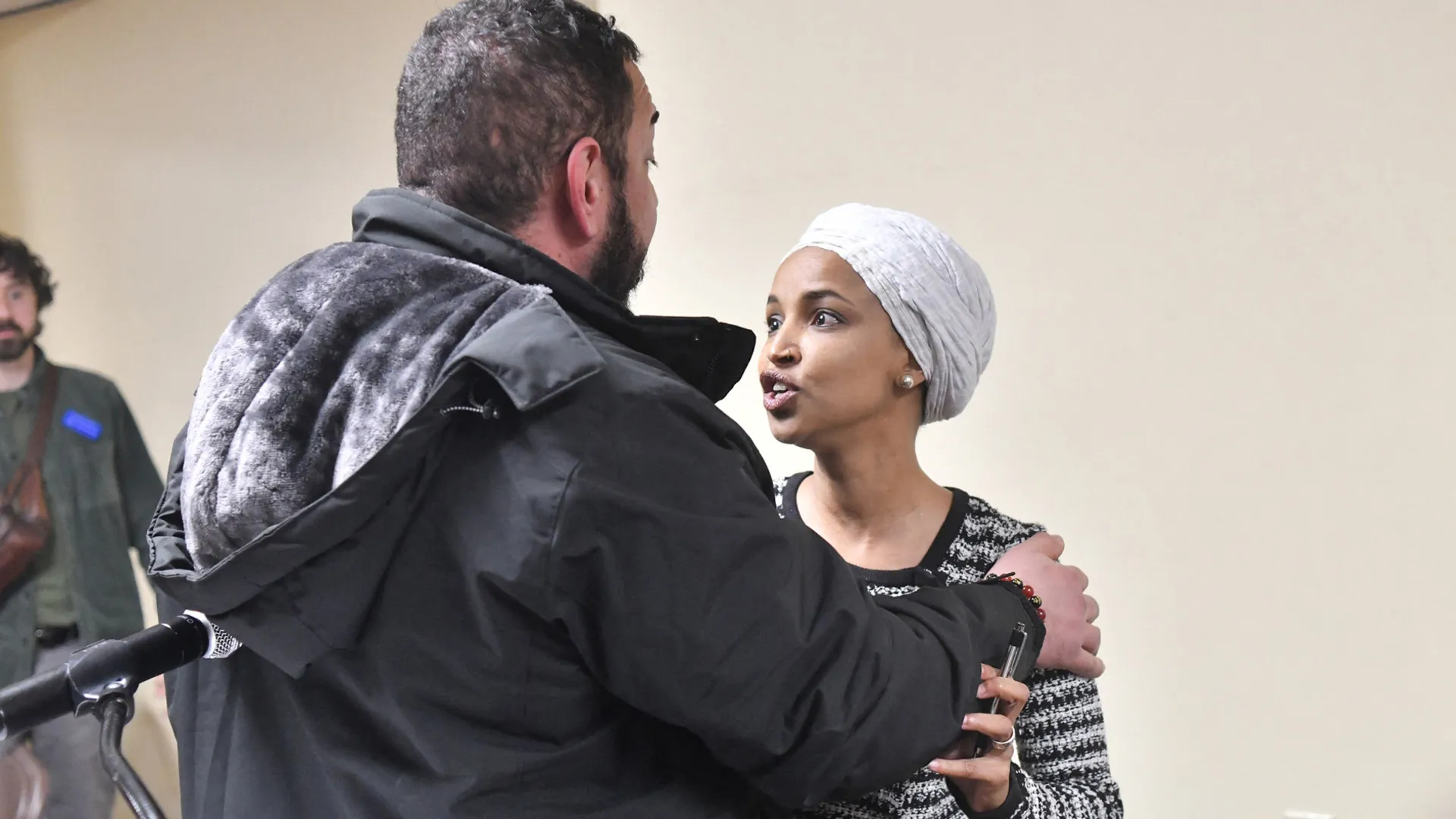US family demands pro-Palestine protester’s release after hospitalisation | Donald Trump News
Leqaa Kordia’s family say they were left in the dark when the 33-year-old was rushed from an immigration detention centre in Texas to a nearby hospital late last week.
For more than 12 hours, Kordia’s family and legal representation said they were given no information about her whereabouts and condition. Her cousin, Hamzah Abushaban, said the family was “stonewalled, like hardcore”, as they searched for answers.
Recommended Stories
list of 3 itemsend of list
“Full transparency: Many people in her family thought she might have died, especially with the secrecy of her condition,” Abushaban told Al Jazeera. “Sometimes, silence speaks for itself.”
Her family and legal team confirmed on Tuesday that she has been released from the hospital. Kordia had suffered a seizure, but her family has only had fleeting contact with her since the medical emergency.
The ordeal is the latest turn in Kordia’s nearly yearlong detention, which began when she was among several protesters targeted by immigration officials for taking part in pro-Palestine demonstrations at Columbia University in 2024.
Kordia remains the only person targeted in connection with the demonstration who is still in immigration detention.
Personal losses helped inspire her protest: Nearly 200 members of her family have been killed in Israel’s genocidal war on Gaza.
Her recent medical emergency underscores the dangers she faces from her continued detention, not to mention the urgent need for her release, according to Abushaban.
“She’s a fighter, but she’s not fooling anyone,” he said. “She’s still very sick”
‘Arbitrarily detained’
On Monday, Amnesty International joined calls for Kordia’s release, echoing her family’s assertion that she is being unfairly targeted for her pro-Palestine advocacy.
“She has been arbitrarily detained for over ten months for exercising her rights to free speech and protest,” Justin Mazzola, the deputy director of research at Amnesty International USA, said in a statement.
“The Trump administration must stop playing cruel political games with Leqaa’s life. Leqaa Kordia must be immediately released, and there must be accountability for the flagrant violation of her human rights.”
Kordia’s lawyers have also alleged unjust treatment, noting that federal judges had twice ruled she was eligible to be released on bond.
Each time, her release has been blocked after immigration officials filed “discretionary stay” requests to keep her in custody while the government appealed.
Since March 2025, the administration of President Donald Trump has targeted a range of student activists for deportation. They include Mahmoud Khalil and Mohsen Mahdawi, both of Columbia University, and Rumeysa Ozturk, who attended Tufts University in Massachusetts.
But those pro-Palestinian student activists have all successfully petitioned for their release as their cases continue in immigration court, though courts have signalled that they could be taken back into custody.
Kordia, however, has not had that same success.
Kordia came to the US in 2016 from the town of Ramallah in the occupied West Bank. Initially, she arrived using a visitor’s visa, later transitioning to a student visa.
Eventually, she applied for permanent residency through her mother, a US citizen residing in New Jersey.
But her legal team has said she was wrongly advised by a trusted mentor that the initial approval of her application meant she had legal status. She subsequently allowed her student visa to lapse.
Immigration officials have, in turn, maintained that Kordia was detained for overstaying her student visa, not for her pro-Palestine advocacy.
However, in an initial news release announcing Kordia’s arrest in March 2025, the Department of Homeland Security suggested that she and a second protester – who allegedly “self-deported” – were targeted for their advocacy.
“It is a privilege to be granted a visa to live and study in the United States of America,” Homeland Security Secretary Kristi Noem said in the release.
“When you advocate for violence and terrorism, that privilege should be revoked, and you should not be in this country.”
‘Intentionally dehumanising’
In his statement on Monday, Mazzola accused immigration officials of showing “blatant disregard” for Kordia’s human rights in detention, pointing to the deterioration of her health.
Kordia has been held at the Prairieland Detention Facility, some 2,400km (1,500 miles) away from her family in New Jersey.
Laila El-Haddad, an author and advocate, said she visited Kordia in December, finding her “very thin, very gaunt” as she complained about unsanitary conditions and a lack of nutritious food at the crowded facility.
“She talked about this being a place that is intentionally dehumanising; that aims to strip her and others of their dignity and their humanity,” she told Al Jazeera.
Kordia’s lawyers and family, meanwhile, said she regularly suffers dizzy spells, fainting and other signs of subpar nutrition.
Still, El-Haddad found that Kordia remained upbeat, and she described the 33-year-old as a pillar of support for other detainees.
“She’s very humble. She kept talking about how ‘I’m not a leader or an activist,’” El-Haddad remembered.
El-Hadded added that Kordia’s case has not gotten as much attention as those of other student protesters, but her story is just as powerful.
“She wasn’t a public-facing activist or speaker in the way some of the other [targeted protesters] were,” El-Hadded explained.
“But she found herself in a position and felt compelled [to protest] because of her own humanity and because she was a person with a deep moral compass and consciousness to act and to speak out.”
Abushaban said he has felt Kordia’s absence acutely at family events. It has been a year of missed birthdays, holidays and other gatherings.
He called for US officials, regardless of political affiliation, to have empathy for her plight.
“I was born and raised here, and the rest of my family were all born and raised here,” he said. “And just because we are Palestinians, we still have to feel suppressed in this country.”
